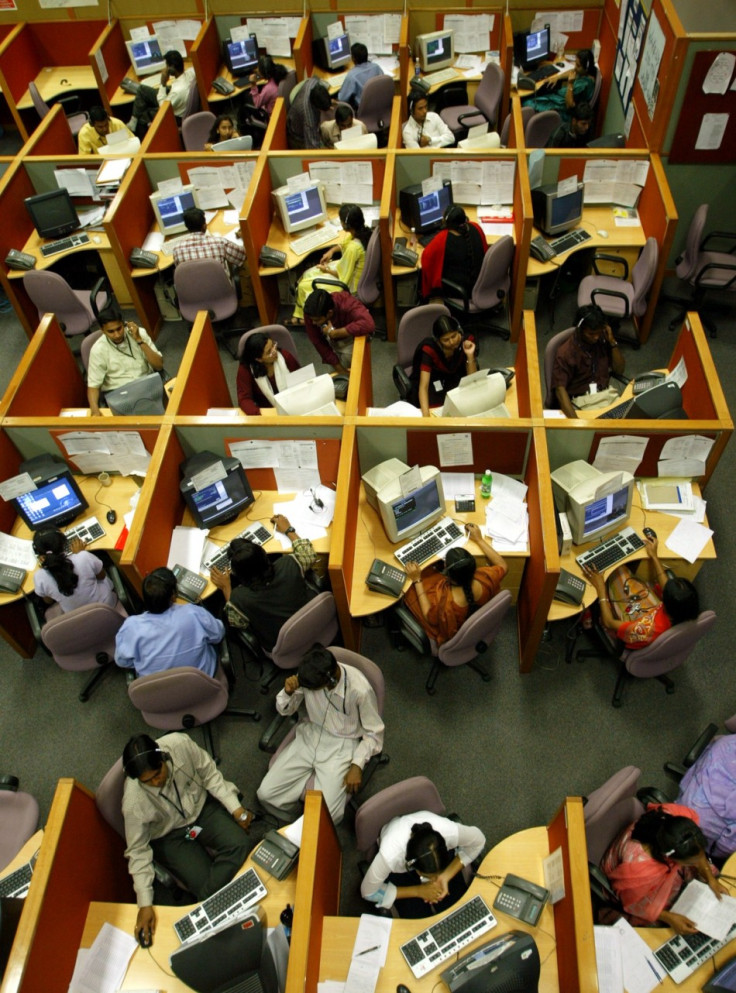Are Your Work Colleagues Secretly Killing You?

We spend a large proportion of our lives seated at our desks, staring straight ahead at a computer screen, surrounded by co-workers. If that thought leaves you feeling empty you may want to stop reading now, after new research revealed that an unfriendly or actively hostile workplace can significantly reduce your life expectancy.
People who worked at the coal-face of suck-ups, jerks, brown-nosers, yes-men and backslappers were 2.4 times more likely to die during the 20-year workplace study.
The study led by Arie Shirom at Tel Aviv University gathered 820 people from varied professions who visited a local health clinic in 1988. To study how office politics influenced health, the individuals were then interviewed about the workload of their jobs, their social interactions with co-workers and peers, and the level of freedom individuals had to complete their tasks.
The subjects worked in a variety of different fields - from finance and health care, to insurance and manufacturing - and ranged in age from 25 to 65. During the next two decades, their health was closely monitored, allowing scientists to control for various medical conditions, including high blood pressure and smoking, as well as depression. During the study, 53 of the workers died.
Those who passed on tended to be workers who reported lower levels of peer support on the job. They were over twice as likely to die during the study as their less troubled brethren. The relationship was most prominent for those between the ages of 38 to 43.
Surprisingly, the relative niceness of the boss had little effect on longevity. It's the office drone who wants to be your boss that workers should watch out for.
The study was observational, so it could not factor for a hazardous work environment, only that it was related with the risk, Healthland reports.
The reseachers also found that that having the freedom to manage ones workload lowered the mortality for men. As Jonah Lehrer noted for Wired:
"This makes sense: the only thing worse than an office full of a-holes is an office full of a-holes telling us what to do."
But the inverse was true for women. Those who reported more control over their work were 70 per cent more likely to die. As Healthland notes, the discrepancy may be because high-powered women had "more life responsibilities than men". Of those that were working mothers, the added control and responsibility could have had a negative strain on their work-life balance, increasing their overall stress levels.
"We spend most of our waking hours at work, and we don't have much time to meet our friends during the weekdays," Dr Sharon Toker of the Department of Organizational Behavior at Tel Aviv's University Leon Recanati Graduate School of Business told the Telegraph.
Toker advised those concerned with the report's findings to take a few hours out of every week to foster at least a few good relationships on the job.
"Work should be a place where people can get necessary emotional support," he added.
© Copyright IBTimes 2025. All rights reserved.




















